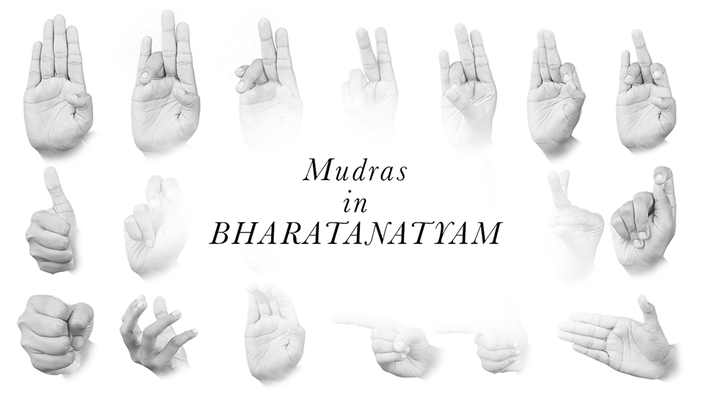
 Classified as one of the oldest among all
the contemporary classical dance forms, Bharatanatyam holds a prominent
place in our culture today. Over the centuries, innovations and
creativity has molded it, without changing the original purpose and
essence, in to a spiritual, divine, and a meaningful addition to our
society. As much as there is room for improvisations and imaginative
interpretations, Bharatanatyam or classical dance as such, is a science
in itself. One has to follow the parampara, shastras, sampradaya and
certain technical rules to keep its originality and purpose alive.
Classified as one of the oldest among all
the contemporary classical dance forms, Bharatanatyam holds a prominent
place in our culture today. Over the centuries, innovations and
creativity has molded it, without changing the original purpose and
essence, in to a spiritual, divine, and a meaningful addition to our
society. As much as there is room for improvisations and imaginative
interpretations, Bharatanatyam or classical dance as such, is a science
in itself. One has to follow the parampara, shastras, sampradaya and
certain technical rules to keep its originality and purpose alive.

Bharatanatyam, along with the other classical art forms in India, has its origins in the manuscript called the Natya Shastra which was written by Sage Bharata around 4000 B.C. It was primarily conceived out of the urge to express one’s emotions and exuberance. When the world was in a state of turmoil and endless conflicts, and greed and desires prevailed, Brahma pooled all the resources from the four vedas to create a fifth veda called the Natya Veda. Thus, as a form of expression, often called a yoga, dance proved to be a medium through which the common man could find unity between the cosmos and its creator.
Your Instructor

KALAKAL.ART is a platform to explore and learn ‘the art of India’ through the artists’ eyes. We offer unique online courses on selected art forms by renowned artists through a revolutionary learning experience. We will help you find, observe, learn, create, practice, perform and pursue any art form of INDIA.
Course Curriculum
-
Start1. PATAKA (0:34)
-
Start2.TRIPATAKA (0:35)
-
Start3.ARDHA PATAKA (0:37)
-
StartNew Lecture (0:39)
-
Start5. MAYURA (0:35)
-
Start6. ARDHA CHANDRA (0:34)
-
Start7. ARALA (0:39)
-
Start8. SUKUTANDA (0:37)
-
Start9. MUSHTI (0:32)
-
Start10. SIKHARA (0:33)
-
Start11. KAPITHA (0:37)
-
Start12. KATAKAMUKHA I (0:43)
-
Start13. KATAKAMUKHA II (0:26)
-
Start14. KATAKAMUKHA III (0:30)
-
Start13. SUCHI (0:45)
-
Start14. CHANDRA KALA (0:40)
-
Start15. PADMAKOSA (0:37)
-
Start16. SARPA SIRSA (0:36)
-
Start17. MRIGA SIRSA (0:38)
-
Start18. SIMHA MUKHA (0:38)
-
Start19. LANGULA (0:44)
-
Start20. ALAPADMA (0:39)
-
Start21. CATURA (0:40)
-
Start22. BHRAMARA (0:46)
-
Start23. HAMSASYA (0:46)
-
Start24. HAMSAPAKSHA (0:44)
-
Start25. SAMDAMSA (0:48)
-
Start26. MUKULA (0:44)
-
Start27. TAMRACHOODA (0:50)
-
Start28. TRISULA (0:41)

